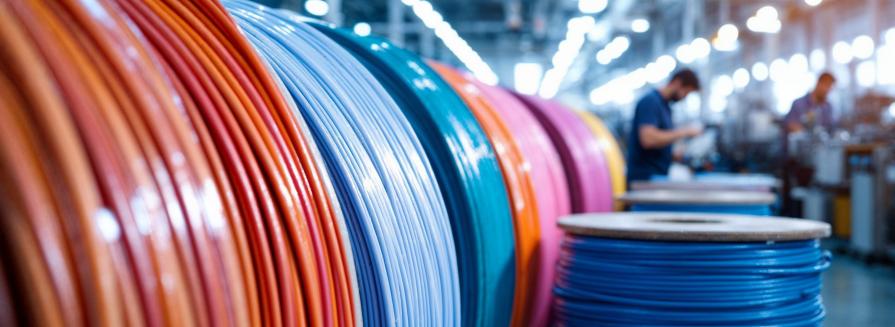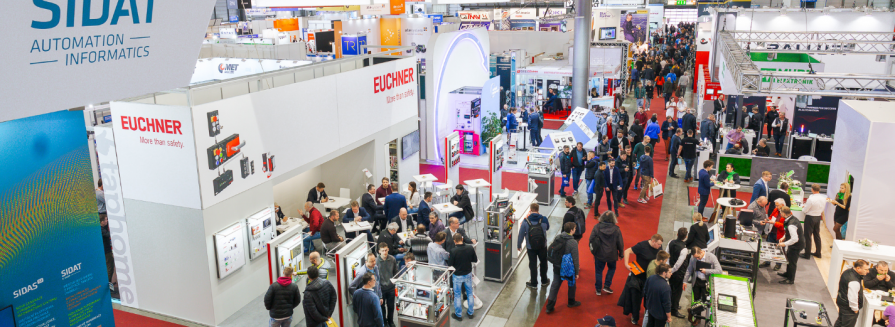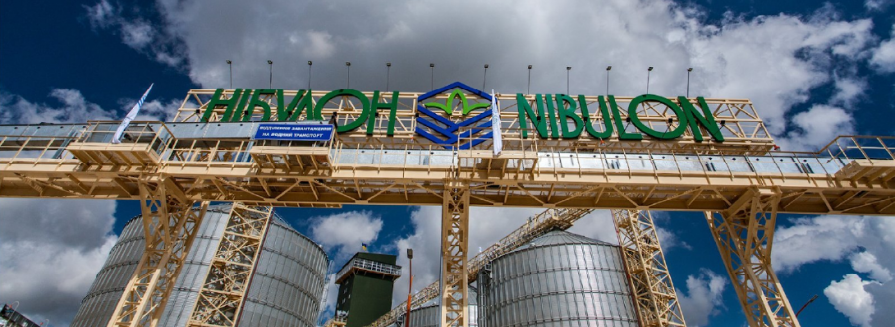-
 Less Waste – More Profit: Intelligent solutions for Cable ManufacturersNews
Less Waste – More Profit: Intelligent solutions for Cable ManufacturersNewsWebinar “Less Waste – More Profit: Intelligent solutions for Cable Manufacturers”
-
 Join IT-Enterprise at AMPER 2025!News
Join IT-Enterprise at AMPER 2025!News -
 IT-Enterprise digitalizes business processes at UKRNAFTA’s chain of gas stationsNews
IT-Enterprise digitalizes business processes at UKRNAFTA’s chain of gas stationsNews -
 IT-Enterprise digitalizes DTEK Group's HR processes: recruitment, onboarding and trainingNews
IT-Enterprise digitalizes DTEK Group's HR processes: recruitment, onboarding and trainingNews -
 IT-Enterprise optimizes operations at NACP CRM call center: x2 faster appeal processingNews
IT-Enterprise optimizes operations at NACP CRM call center: x2 faster appeal processingNews -
 Digital grain elevator: NIBULON agricultural company reboots quantitative and qualitative accounting processes with IT-Enterprise platformNews
Digital grain elevator: NIBULON agricultural company reboots quantitative and qualitative accounting processes with IT-Enterprise platformNews -
 IT-Enterprise runs digital transformation of Come Back Alive Foundation with AI assistant to simplify routine operationsNews
IT-Enterprise runs digital transformation of Come Back Alive Foundation with AI assistant to simplify routine operationsNews -
 IT-Enterprise is now part of EDIH Kyiv HitechNews
IT-Enterprise is now part of EDIH Kyiv HitechNews -
 IT-Enterprise launches AI assistant for easier bidding in SmartTenderNews
IT-Enterprise launches AI assistant for easier bidding in SmartTenderNews -
 IT-Enterprise meets Kenyan delegation on cooperation in IT sectorNews
IT-Enterprise meets Kenyan delegation on cooperation in IT sectorNews